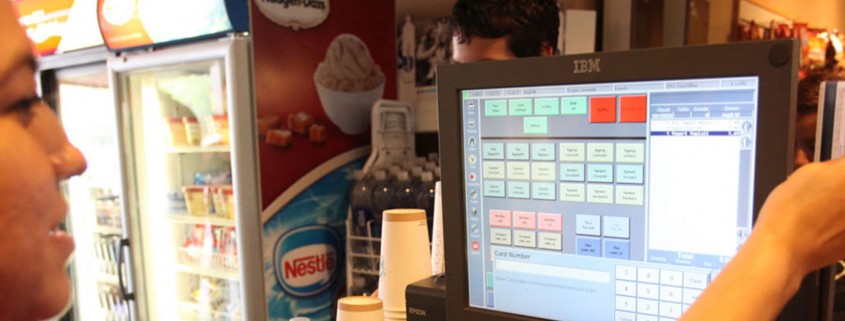Swipe Out Hunger broadens its message
For the past four years, the student-run organization Swipes for the Homeless has been a fixture on campus for collecting unused meal swipes and discretionary funds.
This semester, however, the organization has refocused its mission and adopted a new title to reflect its broadened vision: Swipe Out Hunger.
During the last two weeks of each semester, members of Swipe Out Hunger set up a table outside of dining halls and dormitories to invite students to donate their unused meal swipes by providing their name, student ID number, meal plan option and signature. Students are also able to donate using the Tapingo app and selecting the Swipes option on the menu. When students sign up to donate, they are given information on local hunger and homelessness.
Each year, the funds raised through the program are donated to local nonprofits. Last semester, the USC chapter collaborated with USC Hospitality to contribute its funds to Los Angeles Mission, a local homeless shelter and recovery program.
“It’s so easy to get wrapped up in the USC community when the farthest place you go to is The Row … but there’s so much going on outside of USC. We can’t forget that we live in the homelessness capital of the nation. We need to be more aware of our surroundings,” said Nana Sarkodee-Adoo, president of USC’s Swipe Out Hunger chapter.
According to representatives from Swipes’s national organizers, the recent name change stemmed “from a desire to operate closer to our core values of empowering students into action, ending hunger and having the Swipes brand better inform our actions in the world.”
Individual campus chapters were given the choice to keep the organization’s founding name or adopt the new title.
Students can continue to spend dining dollars after they sign up for the Swipes program; the remaining balance is contributed to the program.
“I participate in Swipes because I like having the opportunity to be an on-campus advocate for homeless individuals and the struggles they are facing, which includes hunger, but also issues such as housing, finding jobs or receiving medial treatment,” said Thalia Henderson, a junior majoring in creative writing and social sciences.
Swipe Out Hunger, founded in 2009 by UCLA alum Rachel Sumekh, now has chapters at 13 colleges nationwide including UCLA, USC, Pepperdine, UC San Diego, UC Santa Barbara and San Diego State.
In the spring of last year, Sarkodee-Adoo served as Swipes campaign director, and this fall, she served as vice president.
This semester, the USC Swipes chapter planned volunteer events at Midnight Mission, a non-profit on Skid Row that serves meals to the homeless three times a day. In the fall, Swipes partnered with the Delta Delta Delta Sorority and Ground Zero to hold a canned food drive.
The USC Chapter has six executive board members, including two individuals who joined the board last week.
Last Wednesday, the organization made blankets for the Downtown Women’s Center, and soon the members will visit the shelter to donate them.
“To be honest, leading the organization has been an interesting experience. It’s definitely hard at times when you’re at an event, and you don’t have enough volunteers or if you can’t convince students to go to a shelter and serve meals on a Friday night. But it’s always inspiring to see our numbers at the end of the semester. Last semester, we raised over $20,000,” said Sarkodee-Adoo, a sophomore majoring in policy, planning & development.
In the coming year, Sarkodee-Adoo hopes to broaden the organization’s scope and transition from being active just at the end of the year to providing programming all semester. Next semester, the chapter plans to hold a service event at the end of each month and coordinate transportation to the events to improve student participation.
Sarkodee-Adoo said that she appreciates Swipes because it provides a direct donation process for students.
“I’ve always had the desire to help people. Swipes is just a different way of helping people because it creates a way for students to directly donate to the cause. I really like it because it stands out. It’s not something that everyone else does. It’s really unique to our organization,” Sarkodee-Adoo said.

